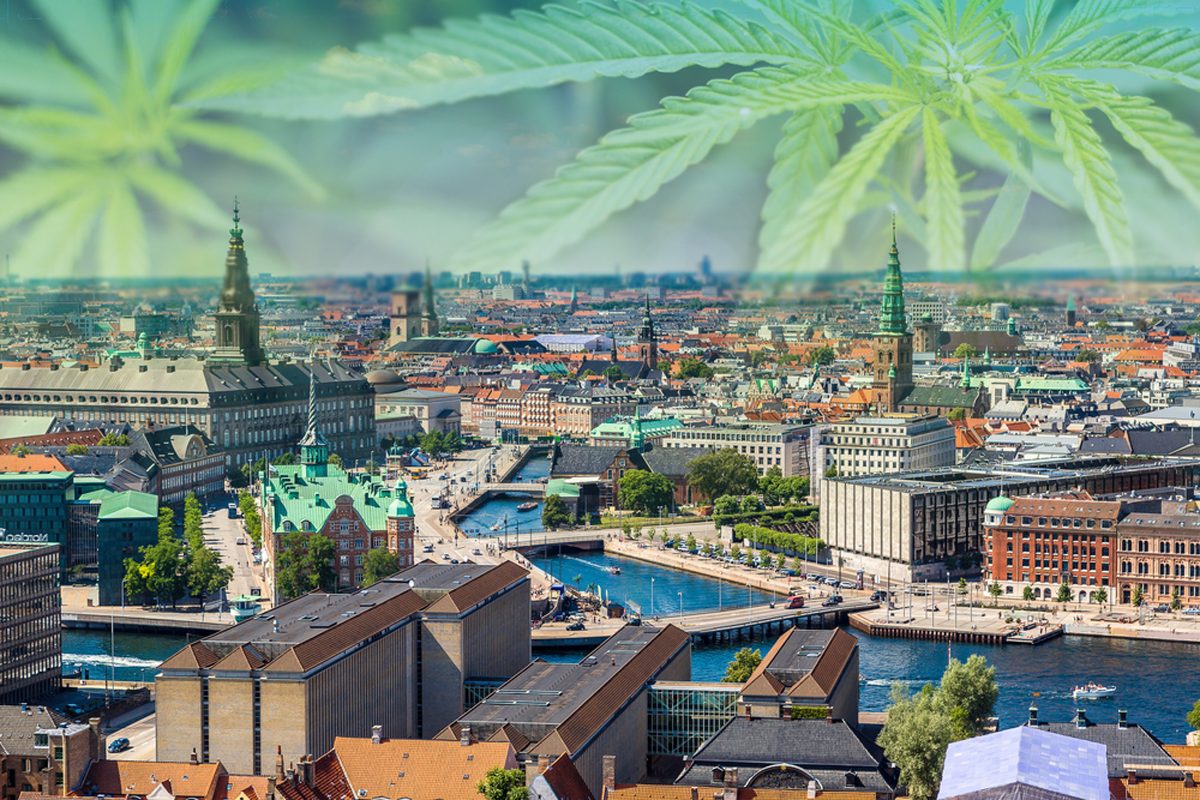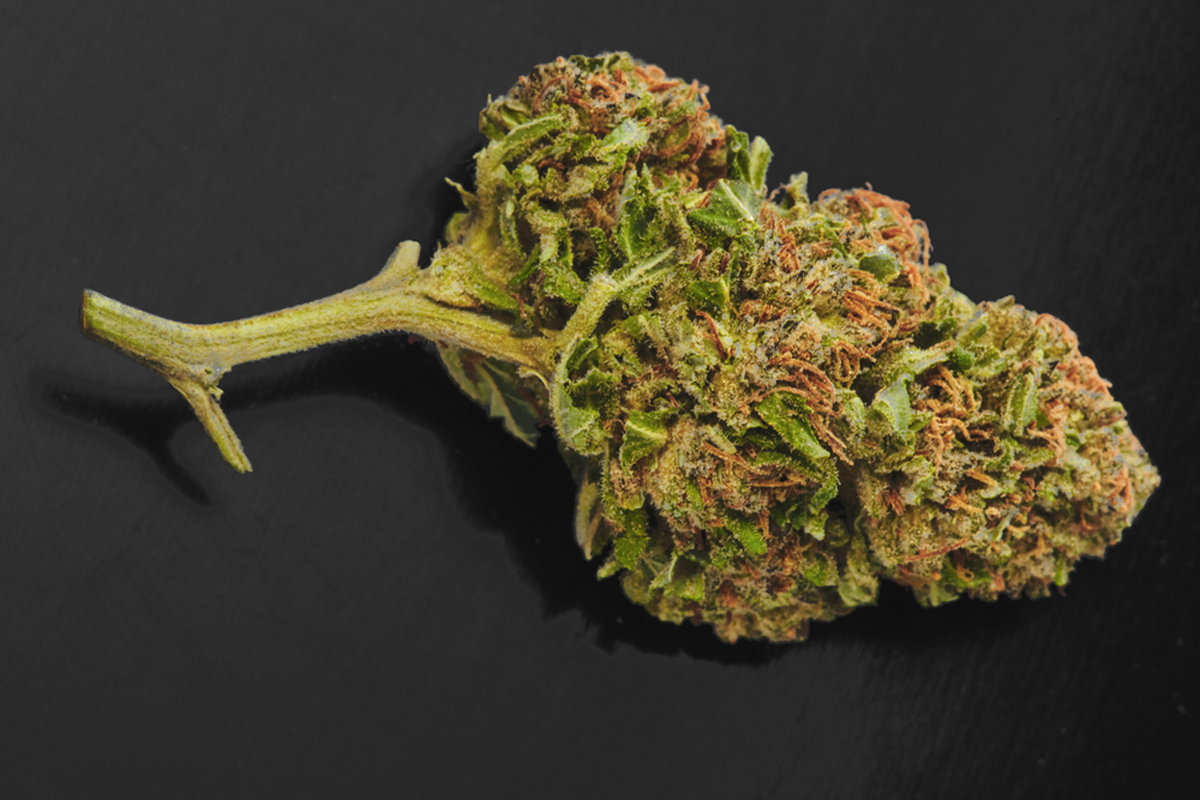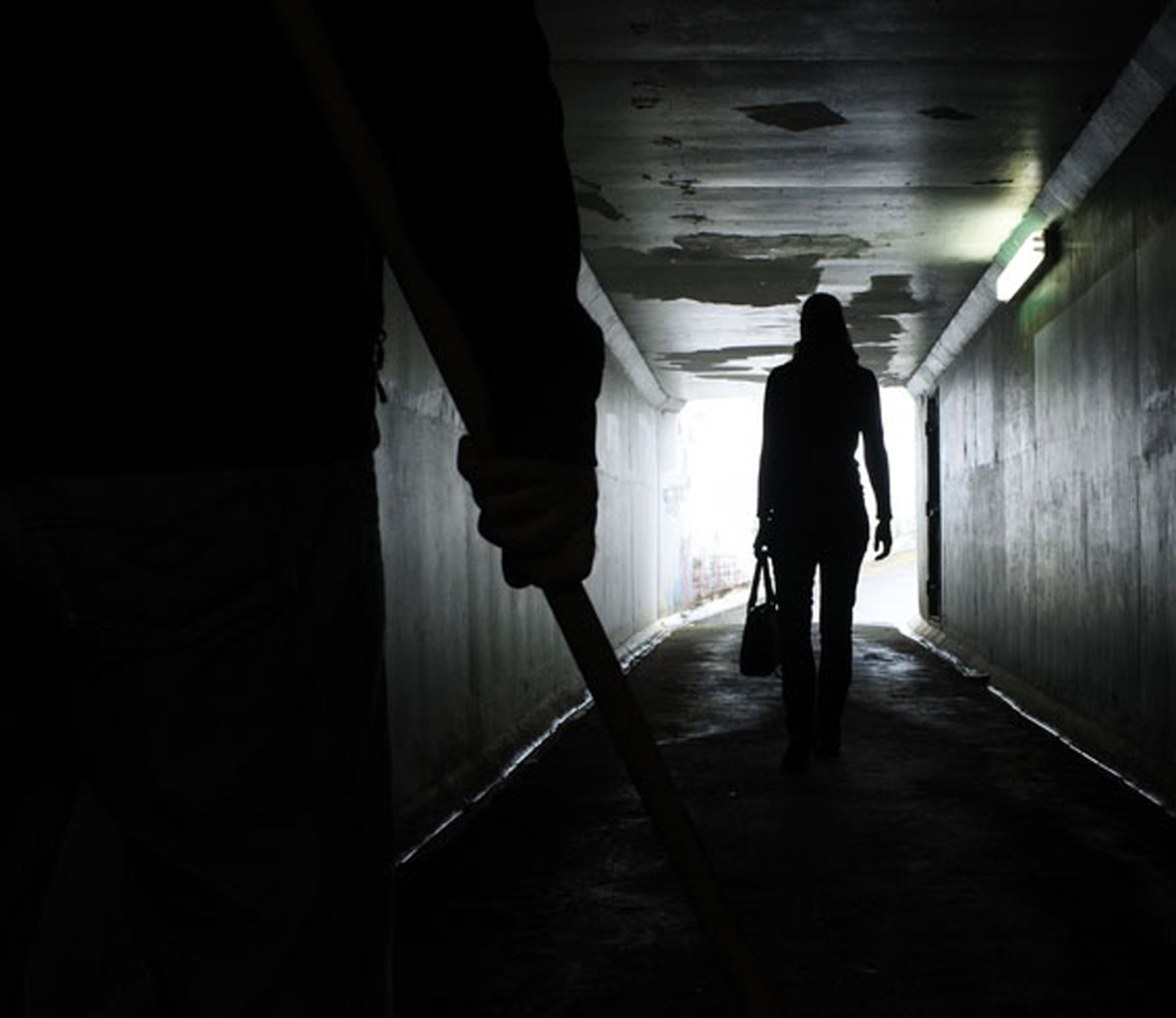
71 Percent of Denmark Treatment Admissions are for Cannabis
Denmark has always been known for progressive, tolerant attitudes toward one’s lifestyle choices. And while the use of cannabis is not legal in this country, the police often refrain from arresting or prosecuting a person with cannabis unless it’s large quantities meant for sale. Could this tolerance be a contributing factor to the extremely high rate of admissions to treatment for cannabis addiction?
According to a 2017 report from the European Monitoring Committee on Drugs and Drug Addiction, 71% of all admissions to addiction treatment in Denmark were due to problems with cannabis use. This contrasts dramatically with the 14% of treatment admissions for cannabis in the United States.
“Skunk” Cannabis Could be Another Contributing Factor

While prosecutions for cannabis possession have dwindled in Denmark, the potency of cannabis sold on the street more than tripled. In 1992, the average THC potency was just 8%, but by 2014, the potency had rocketed to an average of 28%. That means, of course, that some samples were even higher. In 1992, all cannabis being sold was grown outdoors, which kept potency low. Now, a type of cannabis called skunk is popular on the illicit market. Skunk is grown indoors, with artificial lighting and controlled conditions that optimize the development of THC in the plant.
According to Christian Lindholst from the Department of Forensic Medicine at Aarhus University, “Cannabis of such high quality can lead to a greater risk of harm and adverse side effects… The attitude among some groups in society is that smoking a joint once in a while doesn't do any harm…we should increasingly view cannabis as a more dangerous and more risky drug.”
Will Cannabis Be Legalized in Denmark, Leading to More Harm?
The Danish government has authorized a four-year trial of cannabis for medical treatment, and special extracts of cannabis can currently be prescribed only to treat multiple sclerosis, AIDS and cancer-related side effects. This is quite unlike the United States where vague wording in medical marijuana laws mean that anyone complaining of insomnia or pain can obtain marijuana in many states.

As of 2016, Copenhagen officials were trying for the fourth time to get the Danish government to legalize cannabis with the claim that it would reduce violence that could be related to the illicit sales of this drug. Legalization didn’t help Denver, Colorado reduce violent crime. From 2009 to 2015, violent crimes rose from 6,604 to 10,103. Some of the crimes involved people who had consumed cannabis and other crimes involved cannabis growing, processing or sales sites.
Strong Cannabis – Strong Mental Effects
It’s well known that use of high potency cannabis is connected with the appearance of psychosis, panic attacks, anxiety, hallucinations, paranoia and other severe mental effects. The decision of the Danish government on the legalization of cannabis could have a profound effect on the mental health of the Danish population and future treatment admissions for people who have become addicted to this drug.